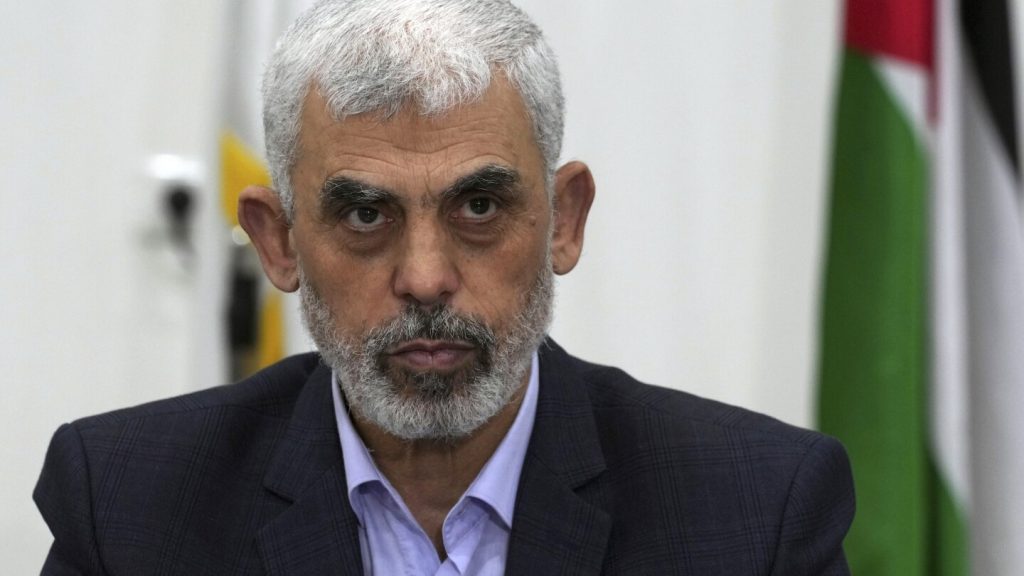Israeli forces in Gaza have killed Yahya Sinwar, a top Hamas leader responsible for orchestrating an attack on Israel last year that triggered a war. His death was described as a significant blow to Hamas, but the group has shown resilience in the face of past losses. Israeli officials celebrated the killing as a form of retribution for the previous attack and a step towards dismantling Hamas. The death of Sinwar raised hopes for a ceasefire, but the conflict may continue as Israel aims to secure the release of hostages and prevent Hamas from rearming.
The killing of Sinwar marks a turning point in Israel’s campaign against Hamas and reinforces their commitment to continuing the fight until all hostages are released. Prime Minister Benjamin Netanyahu declared that Hamas would no longer rule Gaza, signaling a shift in the dynamics of power in the region. President Joe Biden expressed optimism about a political settlement that could benefit both Israelis and Palestinians. Sinwar’s death, along with previous targeted strikes against Hamas and Hezbollah leaders, demonstrates Israel’s strategy of eliminating key figures in militant groups to weaken their capabilities.
Sinwar, who was Hamas’ leader in Gaza, was found by Israeli forces during a battle in Rafah. His death was confirmed through dental records, fingerprints, and DNA tests. The Israeli military released footage showing Sinwar’s final moments, where he was seen throwing a stick at a drone before the building he was in collapsed. The military also discovered Sinwar’s DNA in tunnels where hostages were found, indicating his involvement in the captivity of Israeli citizens. While some view Sinwar as a symbol of resistance, others in Gaza hope his death will lead to an end to Israel’s military campaign and the return to some form of normalcy.
The ongoing conflict in Gaza has resulted in significant casualties, with a high number of women and children among the dead. Israel’s continued airstrikes and ground campaign have targeted Hamas fighters, but have also led to civilian casualties. The Israeli military claims to be targeting militants and avoiding harm to civilians, but the reality on the ground tells a different story. The death of Sinwar has sparked both celebrations and fears among Israelis and Palestinians, with some hoping for an end to the violence and others concerned about potential retaliation.
As the situation in Gaza remains volatile, with protests and demonstrations in Israel and Gaza, the possibility of a lasting ceasefire and political settlement remains uncertain. The death of Sinwar has left a power vacuum within Hamas, raising questions about the group’s future leadership and direction. The international community, including the US, has called for a peaceful resolution to the conflict and the release of hostages. The recent escalations in violence between Israel and militant groups have once again brought the focus on the longstanding conflict in the region and the need for a comprehensive peace agreement.


